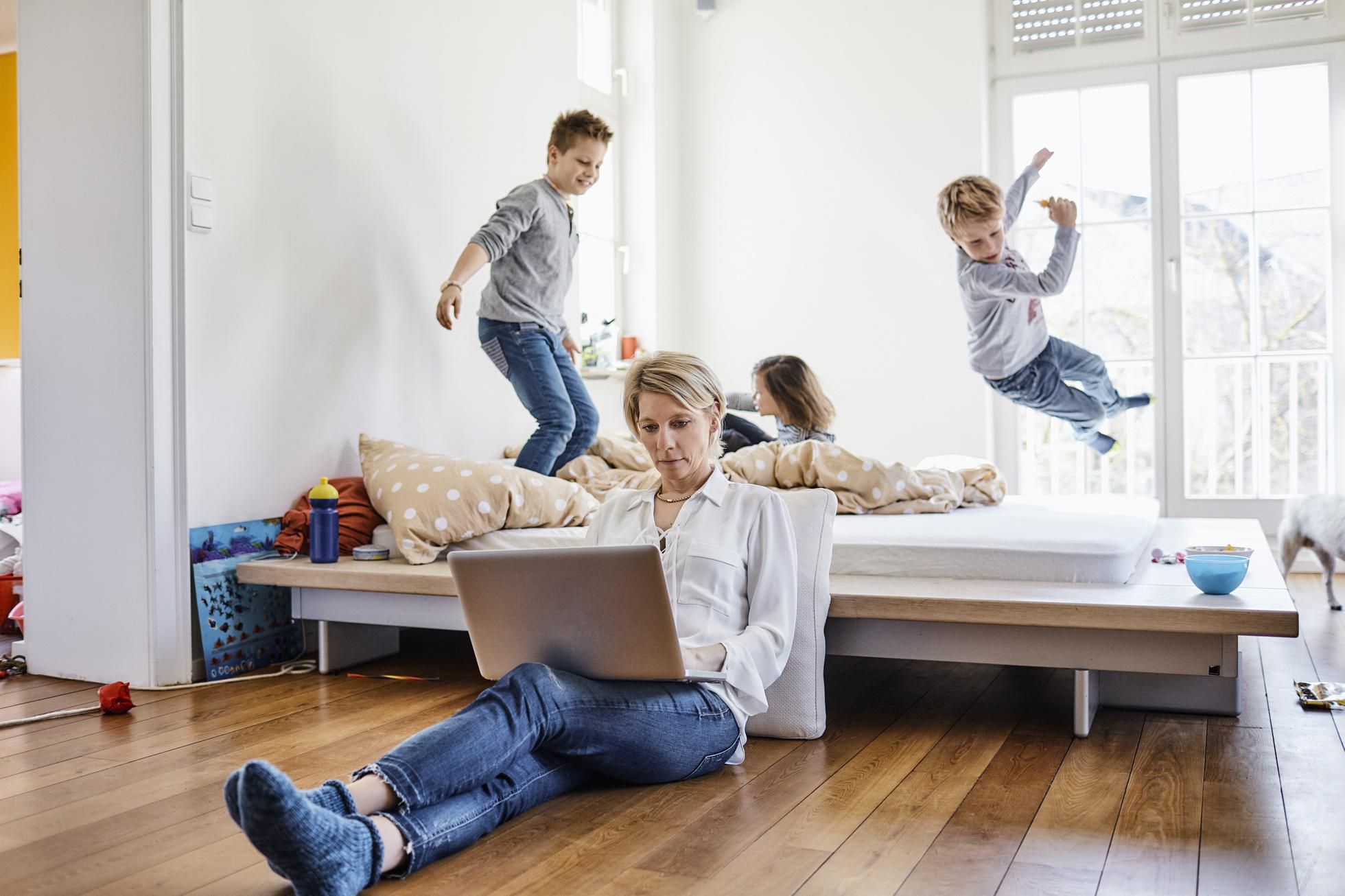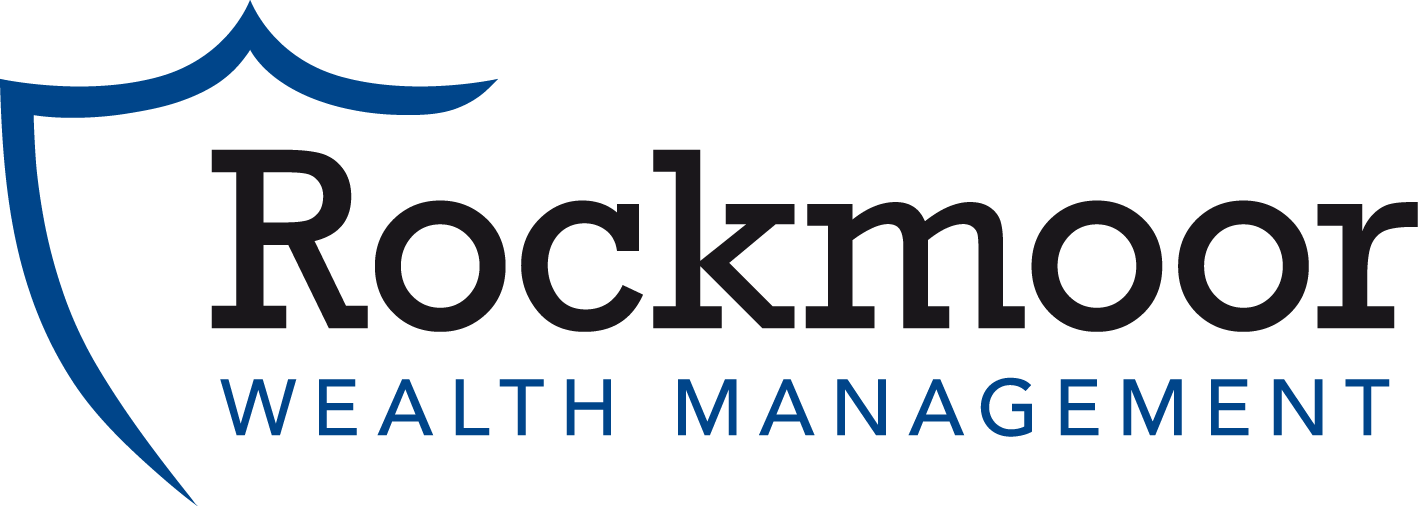 Doug Sundheim, Contributor
Doug Sundheim, Contributor
March 26, 2021
Distraction has been a big topic of study over the past twenty years with the advent of digital media and smartphones. We have limited willpower and can’t actually multitask. As an executive coach, I’ve long known this and guarded against it. Of course, things feel different now. In addition to the well-documented distractions of our modern age, we also have myriad physical and existential distractions of a pandemic. Our brains often feel tired before we even get out of bed in the morning.
What, if anything, can we do to lessen these distractions? Here are a few thoughts.

Clean your house
Everything that is left out or not cleaned up is an additional distraction that’s begging for your limited attention. When I wasn’t working from home it was less of an issue: out of sight, out of mind. Now things in my house are constantly interrupting my thought processes. This distraction dynamic is so common that it’s been scientifically studied and named the doorway effect . Merely walking from room disrupts thinking. If you find a mess in that room, it’s even more distracting. Finding the time to clean up can be a challenge, but the payoff is big: You’re not just cleaning your house, you’re also cleaning your mind.
Plan less in your day
I use to use Fridays for doing administrative work. Pre-pandemic, I’d get 10-12 things done. That hasn’t happened in over a year due to new and different challenges that continually arise. I was irritated at first, but as I’ve grown accustomed to this current juggle, I’ve had to learn to lower my expectations. Some things I do less frequently. Some things just take a little more time. And some things I don’t do at all. It’s been a good lesson for me. Nothing big has slipped through the cracks and I can see places where obsessing over getting so much done was a waste of my time and energy.
Be clear about your non-negotiables
There are things that I simply can’t let slide because I know they will lead to an implosion. For me it’s some meetings, specific reports, and daily exercise. It’s important to pick your critical few things and negotiate with others in your house for uninterrupted time to make those things happen. But it can’t be everything. A good measuring stick to figure out your non-negotiables is to complete this sentence once a week: “To maintain my sanity next week, I must [blank].” I recommend 3-5 answers max.
Be OK with losing (a little) control
To me, this means losing control of the small things that I was used to doing uninterrupted: taking a call, writing a document, answering email. Often, the frustration I feel when getting distracted is more destructive than the distraction itself. If you don’t “bite the hook” of frustration and instead quickly take care of whatever issue arises, then you can often go back to what you were doing, feeling less distracted and happier.
We’re all going through something that ranges from horrendous to annoying. In the immortal words of southern rockers .38 Special, we must “hold on loosely, but don’t let go, if you cling too tightly, you’re going to lose control.” When I feel irritated, sad, or overwhelmed, I figure out a way to laugh about it. It sounds so simple, but it can be tremendously cathartic. Laughter is a great muscle to build for an enjoyable life.
Thankfully, it seems we are starting to see the light at the end of the pandemic tunnel. As we move through the next year, some things will go back to “normal”, and some won’t. Some of the things that have distracted me this year were likely blessings in disguise, things I probably should have been paying more attention to in the first place. Moving forward, we will have opportunities to reassess and choose what we will and won’t let distract us. Hopefully, the pandemic has taught us all important lessons on how to choose wisely.
